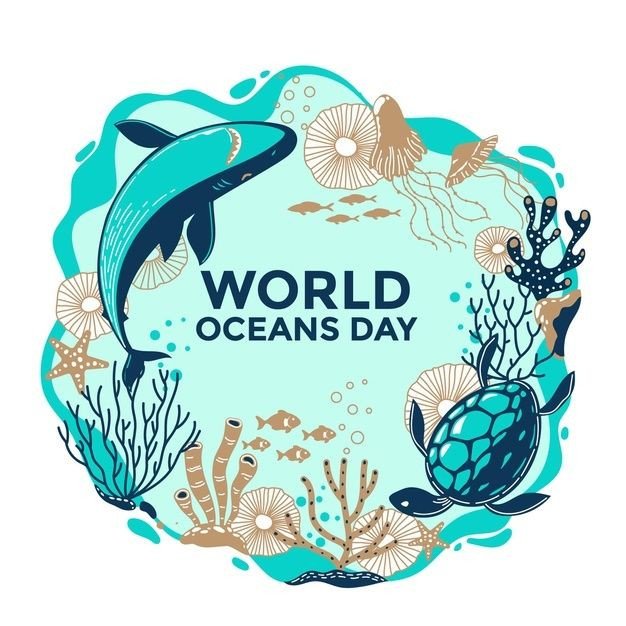

Exploring the Marine Wonders of Mauritius Introduction:
World Ocean Day, observed on June 8th each year, is a global celebration of our vast and magnificent oceans. As we honor this important day, let us turn our attention to the beautiful island nation of Mauritius, nestled in the Indian Ocean. This blog highlights the significance of World Ocean Day and explores fascinating facts and figures about the marine ecosystem in Mauritius.
A Marine Paradise:
Mauritius is renowned for its breathtaking coral reefs, crystal-clear waters, and diverse marine life. The island is home to an array of spectacular marine ecosystems, including coral reefs, seagrass beds, and mangrove forests. These ecosystems provide vital habitats for a multitude of marine species, making Mauritius a true marine paradise.
Coral Reefs and Biodiversity:
Mauritius boasts vibrant coral reefs that support an impressive array of marine biodiversity. These reefs are home to over 400 species of fish, including the iconic clownfish, butterflyfish, and parrotfish. Additionally, they provide a sanctuary for magnificent sea turtles, such as the critically endangered Hawksbill and the endangered Green turtle.
Whale Watching Spectacle:
The waters surrounding Mauritius offer a thrilling opportunity for whale watching. From June to November, majestic humpback whales migrate through these waters, showcasing their impressive acrobatics and providing a memorable experience for visitors and locals alike. Witnessing these gentle giants in their natural habitat is a testament to the importance of marine conservation efforts.
Marine Protected Areas:
Mauritius has taken significant steps to conserve its marine environment. The country has established several Marine Protected Areas (MPAs), such as Blue Bay Marine Park and Black River Gorges National Park, which safeguard critical habitats, including coral reefs, seagrass meadows, and mangrove forests. These protected areas serve as nurseries, feeding grounds, and breeding sites for numerous marine species
Sustainable Fishing Practices:
Recognizing the importance of sustainable fishing, Mauritius has implemented regulations to protect its marine resources. These measures include seasonal fishing bans, size limits on catch, and the promotion of responsible fishing practices. Such initiatives aim to preserve fish populations, maintain ecological balance, and support the livelihoods of local fishing communities.
Conclusion:
On World Ocean Day, let us celebrate the natural wonders of the ocean, particularly the marine treasures found in Mauritius. From its vibrant coral reefs to its diverse marine species, Mauritius stands as a shining example of the importance of marine conservation. Let us continue to raise awareness, promote sustainable practices, and work together to protect and preserve our oceans for future generations.


